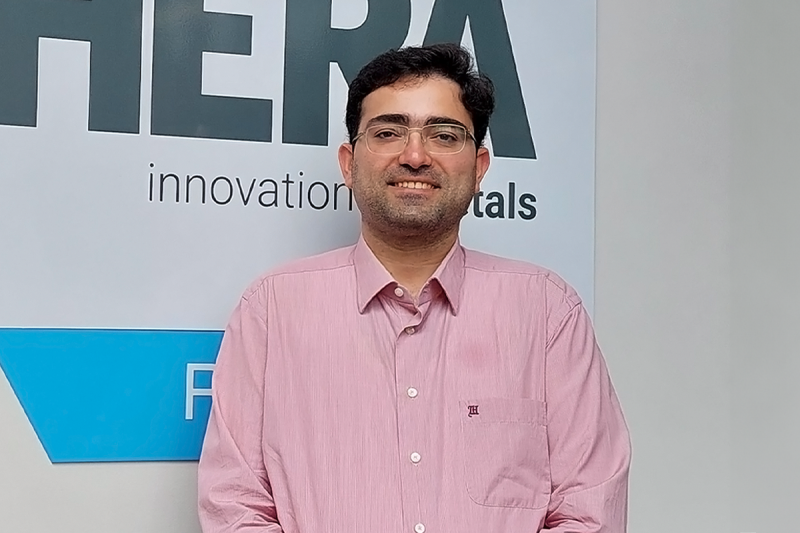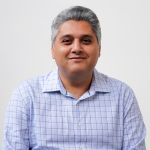Parsa Yazdi, a PhD student in civil engineering at the University of Waikato, is at the forefront of ground–breaking rangahau (research) and is the latest kairangahau (researcher) to join our Construction 4.0 circular design project team.
He is working closely with an amazing roopu (group) of mentors and collaborators in structural engineering, including Professor James Lim, Dr Kris Roy, and Dr Arthur Fang, and Professor Albert Bifet of the AI Institute, Professor Charles Clifton of the University of Auckland and Associate Professor Shahab Ramhormozian of the Auckland University of Technology.
At HERA, we believe we are very lucky to have Parsa join our roopu who brings proficiency in programming, automation, machine learning, and high-dimensional data and optimisation as well as expertise in finite element analysis and design, and the development of industry-acclaimed software packages.
Research focused on real-world impact
By diving into practical case studies and close collaboration with industry partners, Parsa’s overarching goal in his mahi with HERA is to deliver tangible benefits within our Construction 4.0 project. His rangahau focus will be on the optimisation and circular design of structural systems in Aotearoa New Zealand, while considering various engineering principles and indigenous cultural influences – in particular, mātauranga Māori. The early thinking behind this being that te ao Māori views and insights into sustainable and holistic design practices deeply rooted in the whenua (land) and its tangata (people) may provide important data points for capture that honour the cultural heritage of Aotearoa.
A key aspect of Parsa’s research seeks to revolutionise decision-making processes for designers and fabricators by integrating hybrid multi-objective optimisation techniques, multi-criteria decision-making methods, and advanced data science. This innovative approach empowers and informs decision-makers to prioritise engineering, sustainability and cultural considerations – including those relevant to the indigenous community.
Parsa’s contributions extend to our welding projects, where he is leveraging cutting-edge optimisation techniques and AI methodologies to revolutionise welding design processes. His innovative approach aims to enhance welding design efficiency and effectiveness – setting new industry standards and practices.
Outside of this rangahau, Parsa aspires to an academic career and is actively mentoring undergraduates and postgraduates in their own rangahau including structural steel design and contributions to courses on software programming and construction management. Parsa is also leading the development of a new AI course at the University of Waikato entitled “AI applications for engineering.” It will be the first of its kind at the university catering to both students and industry professionals with engineering focuses alike.
Acknowledgement
HERA is grateful to Hīkina Whakatutuki – The Ministry of Business, Innovation and Employment (MBIE) who awarded Endeavour funding in support of our rangahau program “Developing a Construction 4.0 transformation of Aotearoa New Zealand’s construction sector,” in the 2022 funding cycle.
Māori references use the Waikato-Tainui meta (dialect) in acknowledgement of HERA being located in the rohe of Manukau, Tāmaki Makaurau (Auckland). Our use of te reo Māori (the Māori language) is intentional as part of our commitment to Vision Mātauranga.


